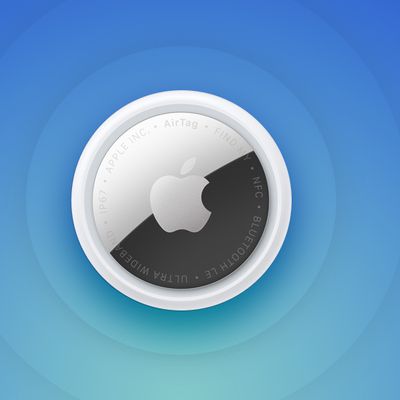WiFi Performance to Improve As FCC Opens Unlicensed Frequencies
 In February, the Wall Street Journal reported on the formation of a new lobbying group called WifiForward that advocated the opening up of unlicensed frequencies to alleviate Wi-Fi congestion and improve performance. The group consisted of industry partners including Google, Best Buy, Microsoft, and many others.
In February, the Wall Street Journal reported on the formation of a new lobbying group called WifiForward that advocated the opening up of unlicensed frequencies to alleviate Wi-Fi congestion and improve performance. The group consisted of industry partners including Google, Best Buy, Microsoft, and many others.
On Monday, the FCC announced that it was freeing up more airwaves for Wi-Fi usage in the U.S. The WiFiForward group wrote in response to the ruling:
Today, the FCC voted unanimously to unleash more unlicensed spectrum will support all the things we already use and further drive investment and experimentation—a 50% increase in spectrum available for Wi-Fi, to be exact. Consumer devices are already equipped to operate in the band, so they can easily be adapted to quickly take advantage of new 5 GHz channels. And a new Wi-Fi standard, 802.11ac, has just been approved for the 5 GHz band. 802.11ac’s wide channels will allow for a better consumer experience.
The group indicates that consumer devices will be "easily" adapted to take advantage of the new 5GHz channels, and that 802.11ac will be able to take advantage of the new bandwidth.
802.11ac or "Gigabit" Wi-Fi offers speeds up to three times as fast as existing 802.11n wireless networks. 802.11ac has been introduced into Apple's Mac line starting in 2013, and is expected to be included in the iPhone 6 later this year.
Popular Stories
Apple today introduced its first two physical products of 2026: a second-generation AirTag and the Black Unity Connection Braided Solo Loop for the Apple Watch.
Read our coverage of each announcement to learn more:Apple Unveils New AirTag With Longer Range, Louder Speaker, and More
Apple Introduces New Black Unity Apple Watch BandBoth the new AirTag and the Black Unity Connection Braided...
Alongside iOS 26.2.1, Apple today released an updated version of iOS 12 for devices that are still running that operating system update, eight years after the software was first released.
iOS 12.5.8 is available for the iPhone 5s and the iPhone 6, meaning Apple is continuing to support these devices for 13 and 12 years after launch, respectively. The iPhone 5s came out in September 2013,...
Apple today introduced the second-generation AirTag, with key features including longer range for tracking items and a louder speaker.
For those who are not familiar, the AirTag is a small accessory that you can attach to your backpack, keys, or other items. Then, you can track the location of those items in the Find My app on the iPhone, iPad, Mac, Apple Watch, and iCloud.com.
The new...
Update: Apple Creator Studio is now available.
Apple Creator Studio launches this Wednesday, January 28. The all-in-one subscription provides access to the Final Cut Pro, Logic Pro, Pixelmator Pro, Motion, Compressor, and MainStage apps, with U.S. pricing set at $12.99 per month or $129 per year.
A subscription to Apple Creator Studio also unlocks "intelligent features" and "premium...
2026 promises to be yet another busy year for Apple, with the company rumored to be planning more than 20 product announcements over the coming months.
Beyond the usual updates to iPhones, iPads, Macs, and Apple Watches, Apple is expected to release its all-new smart home hub, which was reportedly delayed until the more personalized version of Siri is ready. Other unique products rumored for ...
![]() In February, the Wall Street Journal reported on the formation of a new lobbying group called WifiForward that advocated the opening up of unlicensed frequencies to alleviate Wi-Fi congestion and improve performance. The group consisted of industry partners including Google, Best Buy, Microsoft, and many others.
In February, the Wall Street Journal reported on the formation of a new lobbying group called WifiForward that advocated the opening up of unlicensed frequencies to alleviate Wi-Fi congestion and improve performance. The group consisted of industry partners including Google, Best Buy, Microsoft, and many others. 


















